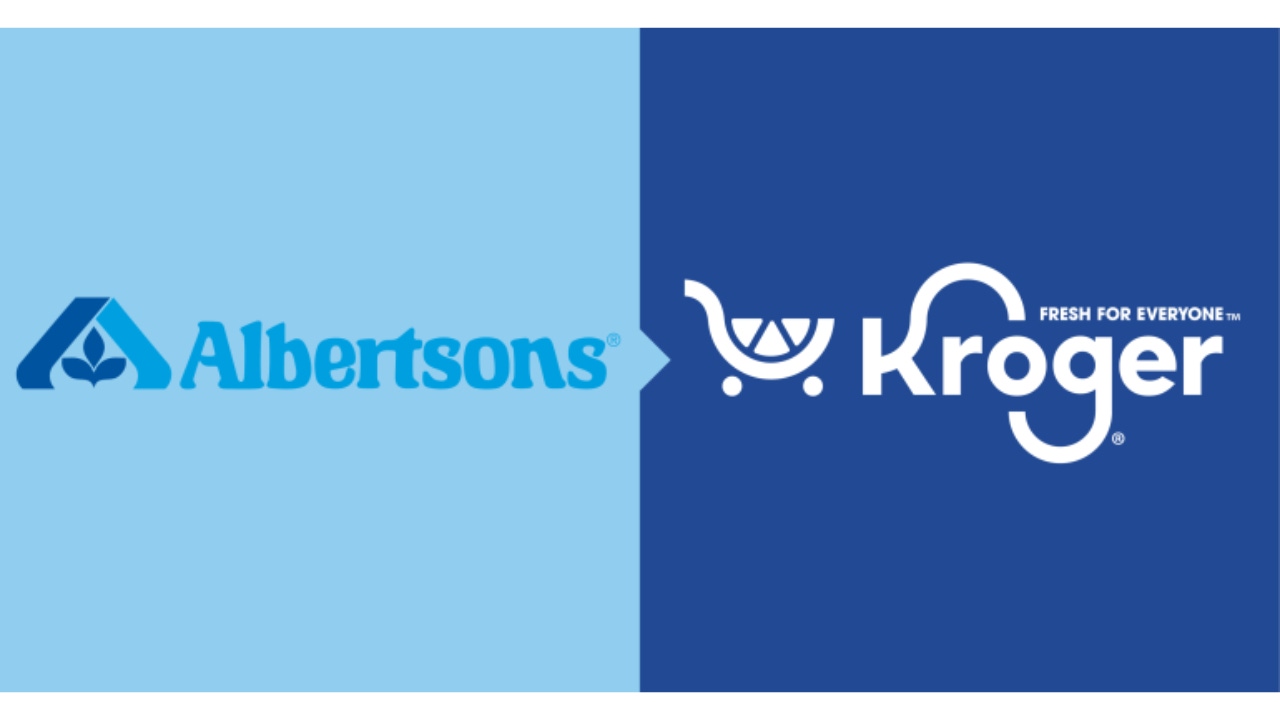The Uncertain Future of the Kroger-Albertsons Merger: Challenges and Implications

By Dr. Jessica Thompson, Retail Industry Analyst
Introduction
The grocery industry is abuzz with news of the proposed Kroger-Albertsons merger. Announced in October 2022, this plan aims to combine two of the largest supermarket chains in the United States. While proponents argue that this move will create a grocery powerhouse capable of competing with giants like Walmart and Amazon, critics and regulators are raising alarms about its implications. From legal hurdles to potential impacts on consumers and workers, the fate of this merger hangs precariously in the balance.
Background
The Merger Proposal
The Kroger-Albertsons merger was announced with the vision of revolutionizing the American grocery market. By joining forces, Kroger and Albertsons hope to deliver better services, lower prices, and a more competitive stance against major players like Walmart and Amazon. However, this $24.6 billion deal has faced stiff opposition, with many arguing that such consolidation may harm consumers by reducing competition in an already concentrated market. For more details, you can read the initial breakdown of the merger on Spectrum NY1.
Legal Challenges
Since the merger's announcement, it has faced mounting opposition from the Federal Trade Commission (FTC), state attorneys general, and consumer advocacy groups. The overarching concern: could this deal reduce retail competition so significantly that it results in higher prices and fewer choices for consumers? As reported by Kroger's official statement, the companies remain optimistic, framing the merger as a move that could ultimately benefit shoppers and workers.
Market Impact
Investor Sentiment
Wall Street has delivered mixed reactions to the merger’s prospects. Kroger’s stock price has shown significant gains, rising over 30% in 2024, reflecting investor confidence in Kroger's potential to thrive regardless of the merger's outcome. In contrast, Albertsons stock has dipped more than 13%, reflecting skepticism about its standalone viability should the merger fall through. For a detailed analysis, check out the investor sentiment report on Grocery Dive.
Competition Concerns
The deal has reignited fears of grocery market concentration. Critics argue that the merger could lead to fewer local grocery options for consumers, reduced price competition, and even job losses in overlapping markets. These concerns are amplified by the ongoing struggles of independent grocers attempting to compete against larger, consolidated companies. As one lawmaker put it, "Decades of consolidation in the grocery industry have already harmed consumers, and this merger could make a bad situation worse."
Regulatory Hurdles
FTC Opposition
The Federal Trade Commission has stepped in as a vocal opponent of the merger. In late 2023, the FTC filed an administrative complaint and a federal lawsuit to halt the deal, citing potential harm to consumers due to reduced retail competition. The agency’s efforts to block the deal reflect a broader push to scrutinize large mergers across many industries, especially those capable of transforming the competitive landscape in essential sectors such as grocery.
State Lawsuits
Adding to the FTC’s challenge, attorneys general from at least six states have joined the effort to block the merger. These lawsuits claim that the Kroger-Albertsons deal could disproportionately harm low-income areas, where access to affordable groceries is already jeopardized. State regulators argue that increased consolidation will likely lead to the closure of underperforming stores in vulnerable communities, leaving these “food deserts” even more barren.
Potential Outcomes
If the Merger Fails
If the merger is blocked, Albertsons may face an uphill battle to survive independently in a market increasingly dominated by large players. On the other hand, Kroger, armed with its operational efficiencies and strong financials, is expected to continue performing well. This outcome might encourage Albertsons to explore other partnerships or rethink its business strategy.
If the Merger Succeeds
Should the merger clear regulatory hurdles, it could create a grocery juggernaut with unparalleled purchasing power and logistical efficiencies. However, this prospect is far from rosy for consumers and workers, as decreased competition could lead to higher prices, store closures, and job cuts. Moreover, tackling the challenge of integrating two massive operations would be no small feat for Kroger and Albertsons.
Conclusion
The fate of the Kroger-Albertsons merger remains uncertain. While the companies tout the potential benefits of the deal, the combined weight of regulatory scrutiny, legal challenges, and public concern casts doubt on its future. Whether it transforms the grocery market for better or worse—or fails altogether—the implications of this merger will be felt for years to come.
